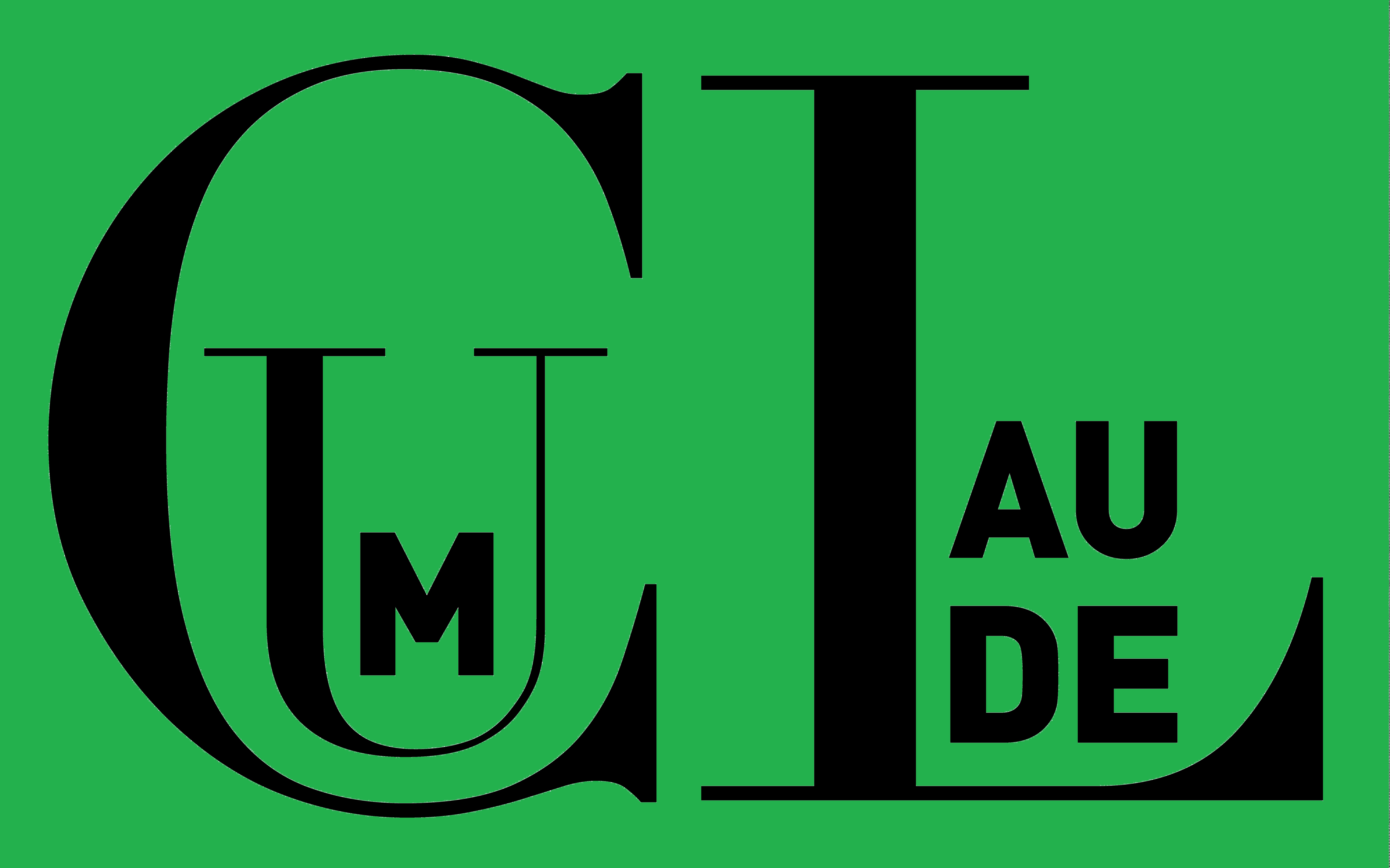Each year, about 350 PhD candidates defend their theses at WUR. To get their PhD, the candidates have to submit six to eight propositions along with their thesis. The propositions have to satisfy strict rules, which can be frustrating.
Text Ning Fan
Last year, Daniel Moñino López obtained his doctorate. While his thesis was approved straight away, his propositions (see inset) were rejected four times. ‘It was frustrating having to revise my propositions again and again. I was so relieved when they were eventually accepted. I had to replace one proposition about sustainability because it was too close to my research topic. Then I had to drop a proposition I personally found quite important as it was deemed “unoriginal” because someone else had once submitted the same proposition. I see the propositions as ideas that develop during your four years of hard work and are therefore an integral part of your PhD report. Shouldn’t you then have the freedom to express your opinion? I find the criteria too restrictive. After all these revisions, the propositions no longer feel like they’re “mine”.’
Ben Auxier, who got his doctorate in April, finds it confusing that you have to come up with propositions that have nothing to do with your field of research. ‘I’m fine with PhD candidates being asked to share their thoughts on broader issues, but it shouldn’t be compulsory. I know other PhD candidates who submitted propositions they don’t really believe in or on topics they know nothing about purely to satisfy the requirements. My original proposition was “This requirement is embarrassing”. But that was rejected.’
Coming up with propositions shouldn’t be compulsory
Julie Miltenburg, who obtained her PhD on 25 June, is particularly critical of the role of the propositions in the defence. ‘The defence only lasts 45 minutes and I think it should therefore focus on the research the candidate has been working on for four years. But quite a chunk of the defence is spent discussing the propositions, most of which have nothing to do with the PhD research. I agree that the researcher should look beyond their own research topic and field, but I don’t think the defence is the right place for that.’ According to Miltenburg, having to come up with propositions causes unnecessary stress. ‘My propositions were also rejected several times, mainly for minor reasons, but it still leads to unnecessary stress.’
Basic philosophy
Quite a few PhD candidates are expressing their dissatisfaction with the proposition requirements in their own propositions. Claudius van de Vijver, head of the PhD programme at PE&RC Graduate School and the person who compiled the criteria for the Academic Board, knows all about this. ‘The concept of the proposition has its roots in Ancient Greece, when science was taught and discussed verbally. Propositions have been a fixture ever since. Until 150 years ago, the PhD thesis consisted purely of a list of propositions that the candidate had to defend in order to get their doctorate. The system has changed since then, but the propositions are still an essential part of the PhD process at lots of Dutch universities.’ At WUR, propositions are divided into three categories: propositions about the PhD topic, propositions about science in general, and propositions about issues relevant to society. ‘This ties in with WUR’s basic philosophy, which is the need to know about and understand fundamental scientific questions, science in general and society at large. Scientists need to look beyond their own fields of study.’
Embrace
‘We don’t have a database of previously published propositions,’ says Van de Vijver when asked how the assessors determine whether a proposition is ‘original’. ‘You can google to check whether a similar proposition has been used before. It’s like with research reports: you may have worked on something for years but if someone else publishes an article on something similar before you do, you won’t be able to publish your paper anymore.’ A parallel with publishing scientific articles can also be drawn for the approval of a proposition. Assessors may vary in their opinions, but the proposition will only be accepted if it satisfies the requirements. They are mainly based on the history and tradition surrounding propositions rather than being an invention of Wageningen University. A PhD candidate is expected to possess communication skills founded on logical and empirical reasoning.
Scientists need to look beyond their own fields of study
‘In my opinion, PhD candidates struggle in getting their propositions approved because they start on them too late. You can’t formulate a good proposition in a weekend. You start with an idea, ask friends and colleagues for feedback, and then refine your proposition repeatedly until everyone sees it as logical,’ says Van de Vijver. ‘Formulating propositions is a valuable part of your scientific training. Rather than seeing it as a formality, you should embrace it proactively.’
Propositions
At Wageningen, PhD candidates have to formulate six to eight propositions. Two should be related to their PhD topic, two to four should be about science in general, and two should concern issues relevant to society. All propositions must satisfy various criteria. For example, they must be original, they should not be presented as ‘must’ or ‘can’ statements, it must be possible to see them as true or false, and they ‘must be formulated in an absolute manner’.

 PhD candidate en route to defend her thesis in Omnia. In front of the candidate is the beadle, behind, her two assistants (paranymphs). All PhD candidates are required to include propositions on issues relevant to society in their theses. Not everyone is happy about that. Photo Guy Ackermans
PhD candidate en route to defend her thesis in Omnia. In front of the candidate is the beadle, behind, her two assistants (paranymphs). All PhD candidates are required to include propositions on issues relevant to society in their theses. Not everyone is happy about that. Photo Guy Ackermans 

